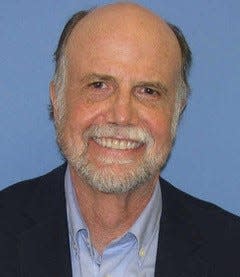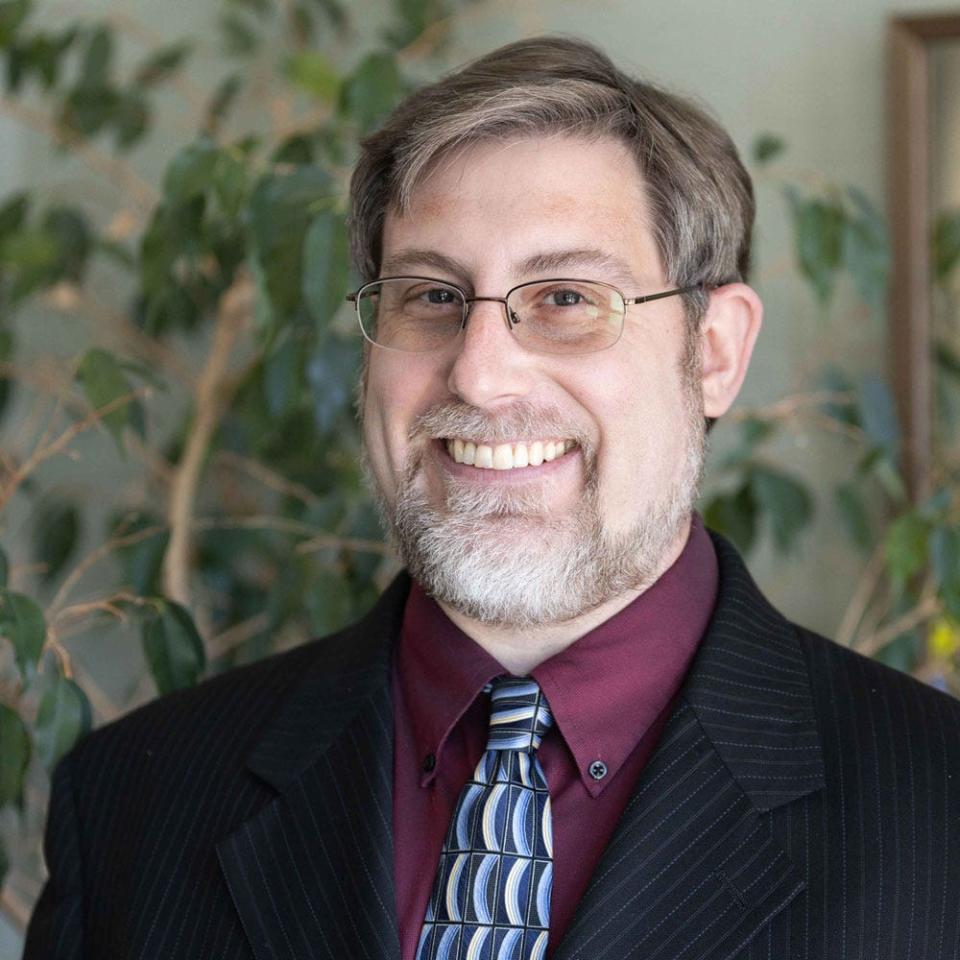RxP: We've seen how prescribing psychologists can help Iowans
Physicians have faced major changes in the practice of medicine.
Part of this challenge and frustration for many has been the expanding roles of other health care providers — physician assistants (PAs), nurse practitioners (NPs), and midwives — to all have the authority to practice independently from physician supervision and capable of performing some or many of the skills formerly limited to doctors with M.D. or D.O. degrees.
Now psychiatrists in Iowa have another perceived threat to their identity and specialized training. Doctoral-level psychologists with a Ph.D. or Psy.D. with no medical degree and with completion of a master’s degree in psychopharmacology, extensive training and supervision, can now prescribe psychiatric medications in Iowa. Drake University now offers a psychopharmacology masters program to psychologists who want to pursue prescribing.
Some years ago I, Dr. David E. Drake, had actually written an article for a national psychiatric association opposing psychologists prescribing, or “RxP.” I had the usual physician bent at the time — that psychologists had not gone through medical school, that they weren’t doctors, and that they had not completed an internship followed by a residency in psychiatry.
Back then I couldn’t have imagined that my mind would change so much.
When Scott Young, Ph.D., approached me to see if I was willing to supervise the next phase of his work in this field, I was initially highly skeptical. But then I met with Young and was impressed with his commitment and quick mind. I had been demoralized over the past couple of decades to see how my own field of psychiatry had become increasingly limited to seeing patients for an evaluation, diagnosis, and a pill. It is rare especially in Iowa to still find a psychiatrist who talks with his/her patients beyond how the medication is working or not. Here was Young, who wanted to expand his practice to include medication in addition to his extensive years of practice in psychotherapy and psychological testing.
Initially I supervised Young one day per week, with him watching me, me watching him, seeing all his patients together for whom he might consider writing a prescription. More recently we’ve met for two hours a week via Zoom with him running by any start, change, or stop of a medication he would want to consider with his patients.
Knowing that the Iowa Legislature and a former governor had now allowed psychologists to enter a track to prescribe medications, I wanted to make sure that Young had good training, and from a conservative prescriber at that.

To my surprise, I have found that Young and I teach each other. He is an avid follower of research and of newer medications and uses than I had trained with. He gets the benefit of my decades of experience in many different settings.
I have confidence that Young will bring a wider balanced approach to the treatment of mental health conditions for his patients in Iowa. I would refer family and friends to him without pause.
I asked Young to report on his training and experience and on reaching his current title as a conditional prescribing psychologist. Here he is:
During college, I learned that psychologists and psychiatrists have different training paths — that psychiatrists had largely abandoned talk-therapy for prescribing, while psychologists only prescribed in two states. After much soul-searching, I made the choice to give up prescribing to pursue a psychology doctorate, not because I was less interested in prescribing, but because psychotherapy was, and remains, my first love.
In 2004, Iowa “RxP” efforts began under psychologists like Dr. Elizabeth Lonning, and in 2013 legislation was first proposed. Three years later, Gov. Terry Branstad signed the RxP bill into law. That same year, I began Fairleigh Dickinson University’s postdoctoral psychopharmacology master’s degree program, graduating in February 2019 after completing courses in the foundations of general medicine/pathophysiology, neuroscience and neuropharmacology, general pharmacology, ethics and professional issues, and the many applications of psychopharmacology. I also completed hands-on clinical training, a national board examination, and two preceptorships in family medicine and psychiatry.
Jointly written in 2019 by stakeholders in psychology, psychiatry, and the boards of medicine and psychology, the administrative rules I am completing require psychologists to: prescribe under supervision for at least two years, see 300 patients, coordinate care with patients’ primary care providers and any specialists they see, check the state database before prescribing any controlled substances, and maintain a collaborative practice agreement with a physician even after we have completed supervision. To safely prescribe to children, older adults, and patients with medical complexities, we fulfill specialization requirements for those groups. Our prescribing is limited to psychiatric medications.

Today, I am Iowa’s fourth conditional prescribing psychologist, integrating psychological testing, talk-therapy, and prescribing into my patients’ care. I continue learning every day, and am grateful to the physicians who were willing to supervise this additional training. Without them, I would never have been able to bring those two paths of psychotherapy and prescribing back together. I joined the Broadlawns/UnityPoint psychiatry residency faculty to encourage new psychiatrists to find their own way to reconcile those two paths. I hope that more patients will soon have a “one-stop shop” for psychotherapy and medication, whether the doctor they see is a psychiatrist or a prescribing psychologist.
David E. Drake, D.O., is an Iowa psychiatrist in private practice. Contact: drakeoffice@gmail.com. Scott P. Young, Ph.D., M.S.C.P., is an Iowa conditional prescribing psychologist with Mind & Spirit Counseling Center. Contact: syoung@mindspiritcenter.org.
This article originally appeared on Des Moines Register: We've seen how RxP, prescribing psychologists, can help Iowans

